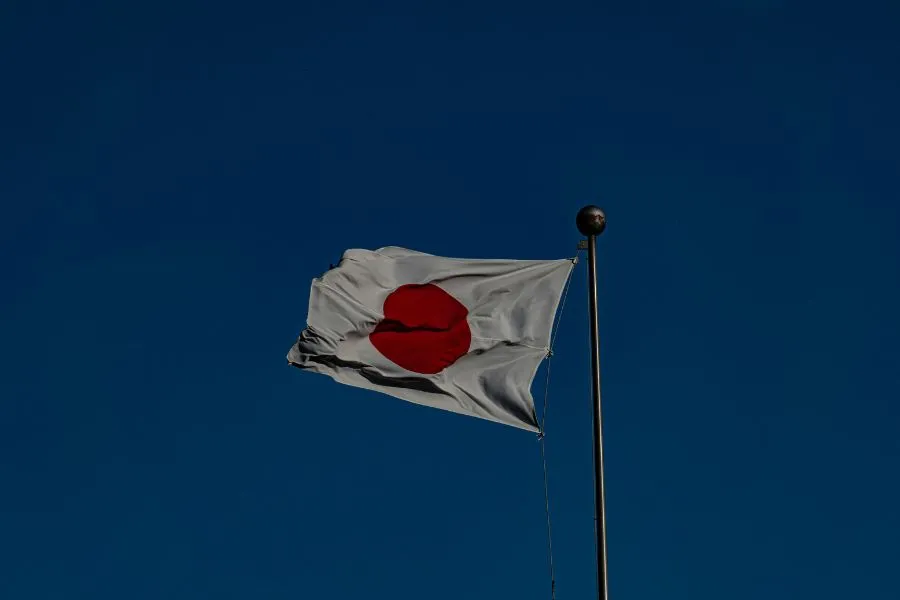Japan’s combination of a robust economy, world-class infrastructure, and rich cultural heritage makes it a highly desirable destination for skilled professionals. Many foreign workers come seeking short-term employment, but the question of whether a work visa can eventually lead to permanent residency (PR) is central for anyone planning a long-term life in Japan.
While Japan is known for its careful immigration policies, it does provide a clear path for foreigners who demonstrate economic contribution, stability, and integration into Japanese society. For professionals committed to working and living in Japan, understanding the work visa to PR pathway is essential.
Key Takeaways
Japan’s Work Visa System
Japan offers a range of work visas designed to attract skilled labor. Common categories include Engineer/Specialist in Humanities/International Services, Intra-Company Transferee, Highly Skilled Professional, and Business Manager visas. Each category is linked to a specific type of employment, requiring sponsorship from a Japanese company or, in some cases, evidence of investment for self-employed entrepreneurs.
Also Read: Finland Seasonal Jobs: Who Can Apply and How Much You’ll Earn
Work visas typically range from one to five years and can be renewed as long as the employment conditions are met. Among these, the Highly Skilled Professional visa offers accelerated pathways to permanent residency for applicants with advanced skills, high salaries, or doctoral degrees.
Eligibility for a Japanese Work Visa
To obtain a Japanese work visa, applicants must have a valid job offer from a recognized employer in Japan and meet educational and professional qualifications relevant to the position. Employers usually submit documentation to the Immigration Services Agency of Japan (ISA) to obtain a Certificate of Eligibility before the applicant can request a visa at a Japanese embassy or consulate abroad.
Salary thresholds, employment stability, and professional experience are important considerations. For Highly Skilled Professionals, Japan uses a points-based system that evaluates education, experience, annual income, and research achievements, which can influence both the visa duration and eligibility for early permanent residency.
Find Out Your Japan PR Eligibility Today
We connect you with trusted immigration experts who simplify the entire process — from paperwork to approval.
Transitioning from Work Visa to Permanent Residency
Japan requires that most foreign workers maintain continuous residence for ten years before applying for PR. However, exceptions exist for Highly Skilled Professionals, who can qualify after three or five years, depending on their points score. During this period, applicants must maintain lawful employment, contribute to the social security system, and abide by Japanese laws.
Applicants are also expected to show integration into Japanese society, including familiarity with the language, culture, and professional environment. While Japan does not mandate formal language tests for PR, practical communication skills are crucial for successful integration and daily life.

Applying for Permanent Residency in Japan
The permanent residency application is submitted to the Regional Immigration Bureau where the applicant resides. Required documents include:
- Valid passport and current residence card.
- Tax certificates and proof of consistent employment.
- Certificate of residence (Juminhyo) demonstrating the length of stay.
- Letters of recommendation or employment verification.
The Immigration Bureau evaluates applicants on multiple criteria: length of residence, employment stability, tax compliance, conduct in Japan, and overall integration into society. The process can take six months to over a year, depending on the applicant’s background and completeness of documentation.
Common Challenges in Achieving PR
One of the primary challenges is meeting the required period of continuous residence. Temporary gaps, unemployment, or changes in visa status can reset the timeline. Another common obstacle is providing sufficient evidence of economic and social contribution; incomplete tax records or irregular employment can lead to rejection.
Also Read: How to Get Permanent Residency in Italy Through a Work Visa?
Language and cultural integration also play a subtle but critical role. Applicants who struggle with Japanese in daily life may find the review process slower, as authorities consider overall adaptation when granting permanent residency.
Benefits of Permanent Residency in Japan
Permanent residency in Japan provides numerous advantages. PR holders gain the right to live and work indefinitely without employer sponsorship. They can change jobs freely, start businesses, and sponsor family members for residence. PR holders are also exempt from periodic visa renewals and gain easier access to loans, housing, and social security benefits.
While PR does not confer voting rights, it establishes a stable foundation for eventual naturalization, which typically requires five additional years of residence as a permanent resident, language proficiency, and cultural integration.
Is the Work Visa Pathway Worth It?
For professionals committed to long-term life in Japan, the work visa route is practical and achievable. While it requires patience, continuous employment, and legal compliance, the benefits of permanent residency are substantial, like stability, freedom, and access to Japan’s high-quality social and economic systems.
Japan rewards those who contribute economically and socially, making the transition from work visa to PR a realistic goal for dedicated, skilled professionals. For those willing to navigate the rules carefully, Japan offers not just a career opportunity, but the chance to build a lasting home.
Reference: https://www.mofa.go.jp/j_info/visit/visa/long/index.html





